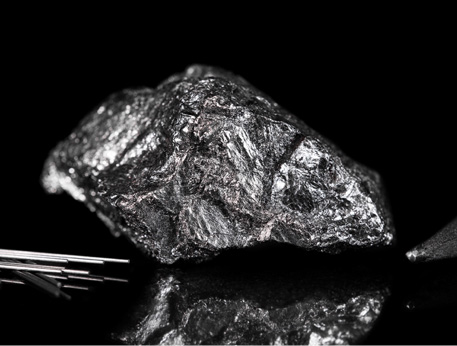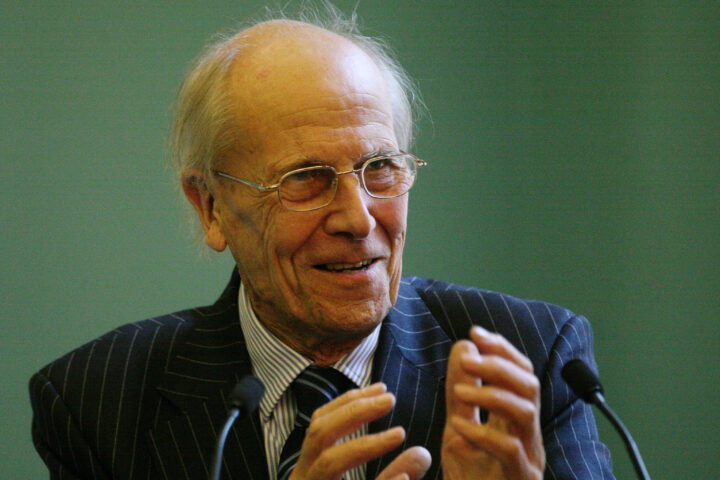Hungarian Foreign Minister Péter Szijjártó suggested on August 18 that Budapest could suspend electricity exports to Ukraine, even though such deliveries are conducted on a commercial basis. His comments, posted on Facebook, came in response to a statement by Ukrainian Deputy Foreign Minister Andriy Sybiha.
Hungary frames energy as national interest
Szijjártó emphasized that Ukraine should take into account the fact that Russia has been supplying crude oil to Hungary for decades via the Druzhba pipeline, which Budapest views as essential to its national interests. Any Ukrainian actions that could disrupt this route, he said, would contradict Hungary’s priorities. He underlined that Hungary’s national interest was his top concern and added, “let’s not forget: a large part of electricity for Ukraine comes from Hungary.”
Ukraine denounces political blackmail
Kyiv dismissed Szijjártó’s remarks as political blackmail, pointing out that electricity sales are handled by Hungarian traders under market conditions, not as aid. Ukrainian officials argued that Budapest is using energy as a tool of political pressure, while advancing pro-Russian narratives inside the EU. They warned that withholding energy support during wartime plays directly into the Kremlin’s strategy of weakening Ukraine’s power system.
European solidarity under strain
Brussels has stressed that supporting Ukraine with energy resources is a crucial part of the EU’s broader policy of backing the country against Russian aggression. Selective threats by individual member states undermine the principles of European solidarity and weaken the bloc’s common strategy. Observers in the EU also highlight Hungary’s deep reliance on Russian energy supplies — including gas and the Paks-2 nuclear plant project — which makes it vulnerable to Moscow’s influence.
Broader implications for EU energy security
Ukrainian officials underscored that Budapest’s position raises doubts about Hungary’s reliability as a partner in the fields of energy and security. While most EU countries have shown solidarity, Hungary appears willing to prioritize narrow political interests over collective European security. At the same time, Kyiv stressed it can compensate for potential shortfalls thanks to its integration with the European ENTSO-E power grid, meaning Hungary’s stance may damage its own reputation more than Ukraine’s resilience. Any unilateral suspension of supplies, they warned, would be treated as a challenge to EU energy policy as a whole.













